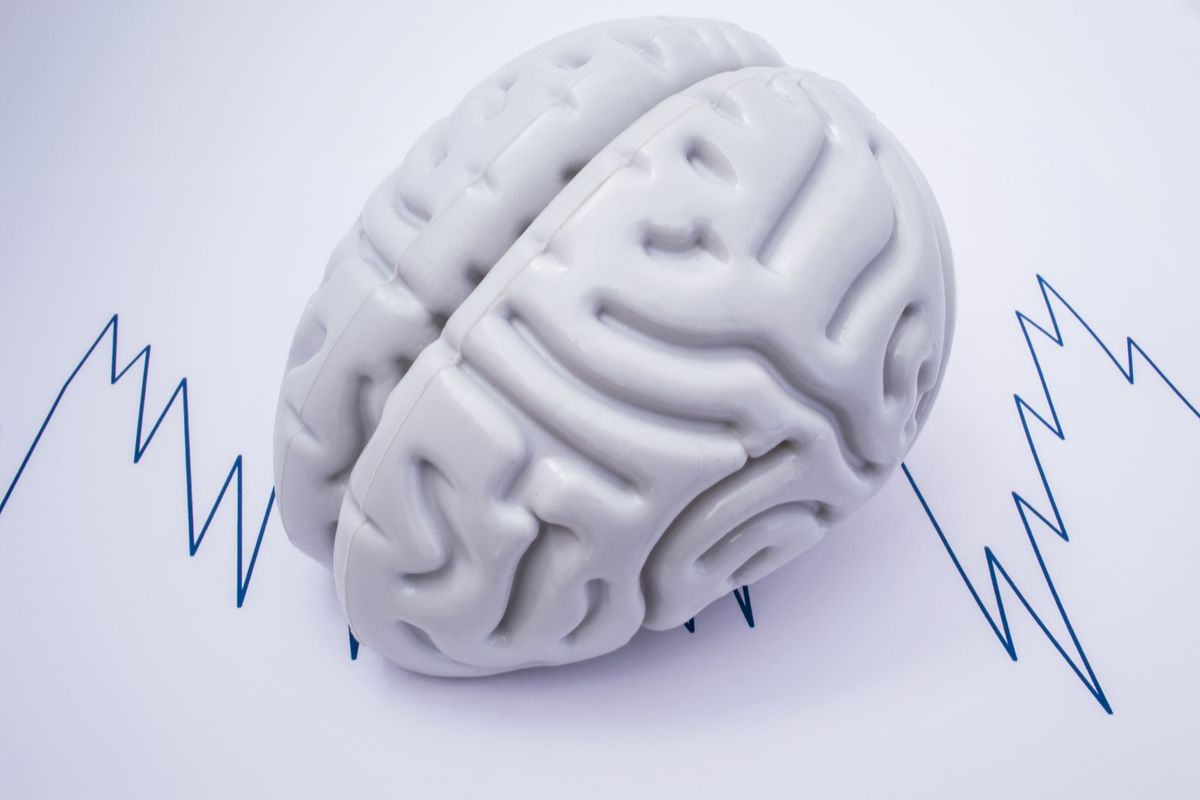
The Connection Between Memory And Sleep
It is important for all of us to get a good night’s sleep. You might be knowing that foggy-headed feeling when you have a night of bad sleep or when you stay up too late. Studies show that it is even more important to ensure a good and restorative sleep as we get older. A good night’s sleep can be significant to prevent memory issues as we age. As a Los Angeles pharmacy, we share the importance of having a restful sleep at night.
Importance Of Sleep
When we have a restful sleep, slow brain waves travel from the hippocampus region of our brain to the prefrontal cortex. The hippocampus temporarily stores the memories and these memories are stored for the long-term in the prefrontal cortex.
As we grow older, it will become more and more difficult for the slow brain waves to come by and this can be exacerbated with trouble falling asleep and staying asleep. This will make memories get stuck in the short-term part of the brain and will not get stored for the long term. Therefore, it is very much important to have at least seven to eight hours of restful sleep as we get older. This can ensure that our brain is getting enough time to store memories.
It is also important to understand that even a single sleepless night can result in the accumulation of beta-amyloid, a metabolic waste product, in the brain structures including the amygdalae that regulate memory, mood, emotion, and the ability to learn. Studies also show the significance of getting rapid eye movement sleep that assists in the consolidation of long-term memories. During the REM phase of sleep, our brain will be active, but the muscles will not be active.
Most of the muscles in our body, except those that are used to breathe and move our eyes, will be inactive during REM sleep and the dream state will be experienced during this phase of sleep. On the flip side, too much sleep can also have negative effects on our memory. This can be because long periods of sleep can disrupt our internal body clock and lead to issues.
If you are not getting enough sleep, you need to consult with your doctor and if necessary, get some help to ensure proper sleep at night. Prescription medication should be your last resort as these medicines might have some negative side effects.